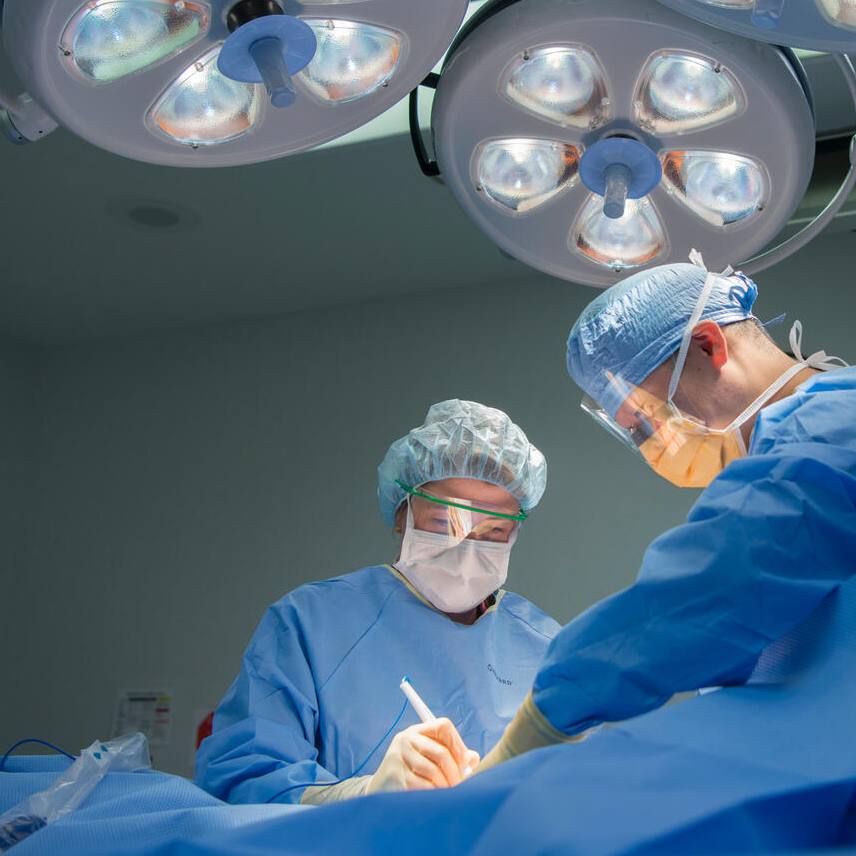-
Mayo Clinic Q and A: Facts about body acne

DEAR MAYO CLINIC: When the weather is nice, I enjoy being outdoors and being active, including walking, swimming and boating. I prefer to wear scoop-neck T-shirts, but I am embarrassed about breakouts on my chest. I am noticing some on my back, too. Other than covering up, what can I do about acne on my body?
ANSWER: Acne is a skin condition that nearly everyone deals with at some point. It is caused by the accumulation of dead skin cells that blocks your pores and leads to an abundance of a bacteria called propionibacterium acne. As a result, your skin becomes inflamed, and whiteheads, blackheads or pimples form.
Unfortunately, acne has no boundaries. It is more common for teenagers, but it can affect people of all ages and about equally between men and women. Acne can appear anywhere you have oil glands in your skin, so it can occur on your back, face, stomach or chest.
Body acne is not the result of poor hygiene. It is not caused by dirty skin, and it can be made worse with harsh soap or chemicals and rough scrubbing. While body acne can be irritating, painful and embarrassing, various treatments and lifestyle changes can relieve this common skin problem.
Causes of acne
Several factors can cause or worsen body acne, including:
- Certain medications
Examples include corticosteroids, testosterone or lithium. - Hormones
Hormonal changes related to puberty and pregnancy can cause your glands to produce more oil and lead to more acne. - Diet
Some studies suggest that skim milk, chocolate and foods high in carbohydrates can worsen acne. Rather than restricting these foods completely, limit your consumption, if desired. - Stress
When your body is under stress, it produces hormones called androgens that affect various parts of the body, including the skin. In the skin, these hormones may stimulate hair follicles and oil glands, leading to more inflammation and development of acne. - Oily skin or hair products
These can add even more oil to your skin and contribute to pores getting clogged.
Treatment
Many treatments are available for body acne that can help avoid skin scars, make acne less noticeable and lower the emotional stress it can cause.
Typical treatments for body acne include:
- Over-the-counter scrubs and creams
Choose gentle scrubs and specially formulated noncomedogenic creams that don't clog pores. Body washes that include salicylic acid and benzoyl peroxide can provide some relief of mild inflammatory acne. Avoid coarse or rough body scrubs because they are too harsh for sensitive skin. - Topical medications
Examples are benzoyl peroxide, retinoids and antibiotics. - Oral medications
These medications include antibiotics or isotretinoin, which is a powerful acne medication. - Physical treatments
Treatments range from laser or light therapy to dermabrasion, which removes the surface layers of skin.
Lifestyle changes
You can relieve body acne by making dietary and lifestyle changes, such as:
- Avoiding triggers, like oily skin products, stress or certain medications.
- Eating a healthy diet and exercising regularly.
- Showering after activities that cause you to sweat.
- Avoiding tight clothes, clothes that cause friction against the skin, and nonbreathable sports or activewear that traps sweat. Cotton is a good material for workout clothes because it wicks away moisture.
- Limiting irritating products that may cause acne to flare.
- Using gentle cleansers, such as Cetaphil and Vanicream, especially if applying prescription retinoids or stronger topicals that can overly dry out and irritate the skin.
If you think you have body acne, you should seek care. Your health care professional can determine how severe your case is, recommend the best treatment and possibly refer you to a dermatologist.
If an initial treatment doesn't produce results, your health care team can help find a solution that works best for you so you can bare your skin without a care. — Amanda Logan, Family Medicine, Mayo Clinic Health System, Janesville, Minnesota






